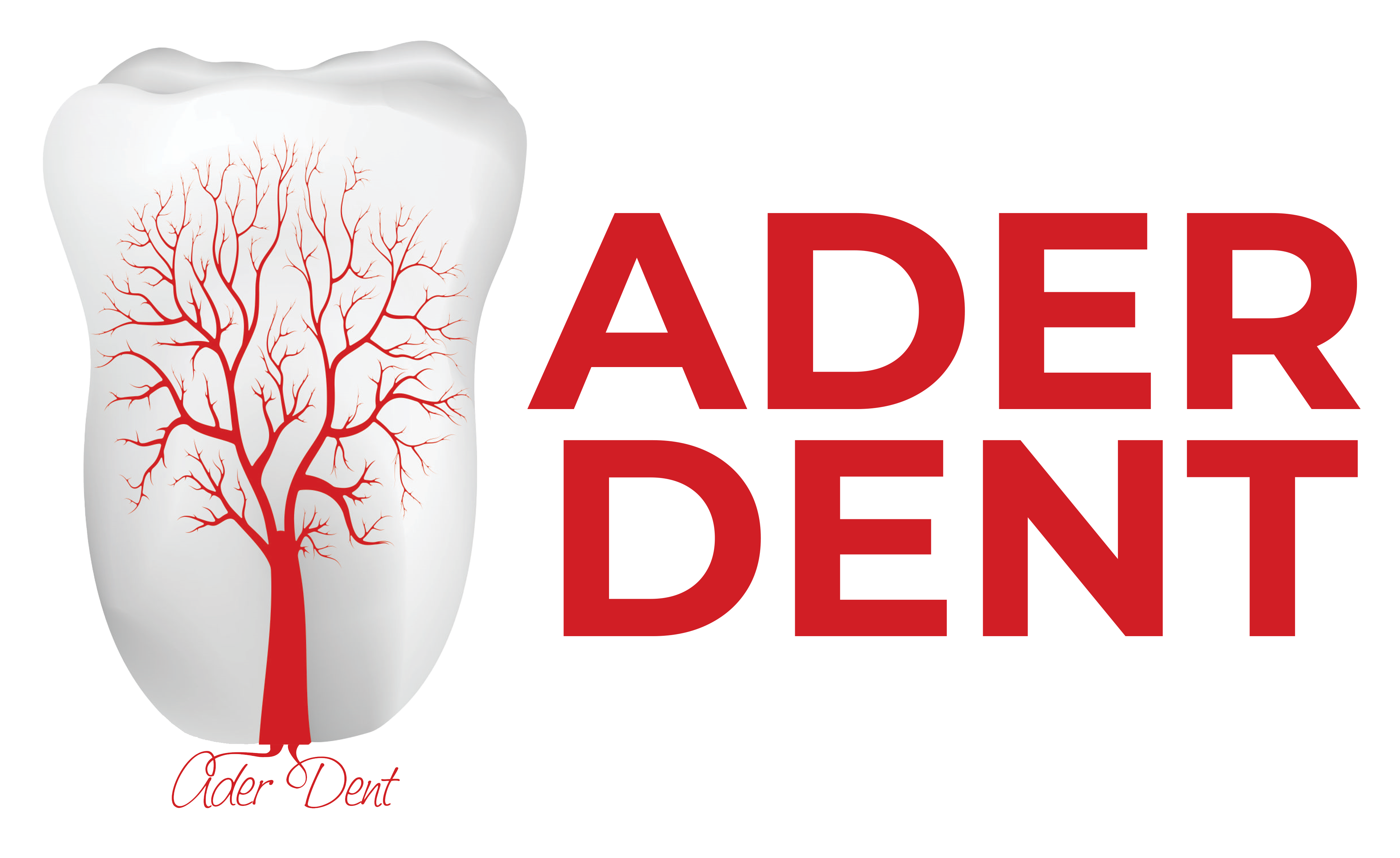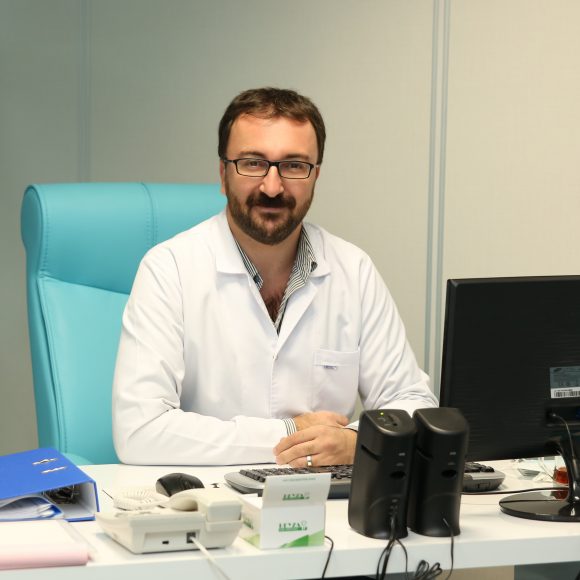Dentures are artificial teeth used to replace lost teeth. Tooth loss not only causes aesthetic concerns but also negatively affects chewing function. As a result, both physiological and psychological problems may arise. Dentures are a treatment method that restores the function of natural teeth while also providing aesthetic and functional benefits.
Dentures hold an important place in the field of dentistry. Dental prostheses, which are designed using materials that mimic the natural structure of teeth, help boost self-confidence and significantly improve quality of life.
How Are Dentures Made?
Prosthetic teeth are created through a multi-step process performed by qualified dentists. The stages are as follows:
- Oral Examination and Evaluation: The dentist examines the oral structure and evaluates the position of missing teeth and the condition of surrounding tissues.
- Impression Taking: Precise measurements are taken of the area where the denture will be placed.
- Denture Design: The denture is custom-designed based on the impressions and the patient’s needs.
- Denture Placement: Finally, the denture is placed into the patient's mouth, and compatibility is checked and adjusted accordingly.
Types of Dentures
There are various types of dentures depending on the condition of tooth loss. Since every patient has a unique dental structure and number of missing teeth, the type of denture is determined individually.
Total (Complete) Dentures
Total dentures are used when all teeth are missing in the mouth. These dentures are designed to fit snugly over the gums when no natural teeth remain. Complete dentures are one of the most common solutions for total tooth loss and are typically removable. They provide both aesthetic and functional success.
Partial Dentures
Partial dentures are used when some natural teeth are still present. The remaining teeth support the prosthesis. Partial dentures compensate for missing teeth both aesthetically and functionally. These are removable and easy for patients to use.
Clasp-Retained Dentures
Clasp-retained dentures are preferred when the teeth are weakened or there are extensive areas of missing teeth. This type uses metal clasps to stay in place. Although functional and durable, clasp dentures may be less satisfactory in terms of aesthetics.
Precision Attachment Dentures
Precision attachment dentures are an excellent choice for patients with aesthetic concerns. Instead of visible metal clasps, they use hidden connectors for retention. These dentures are both durable and offer highly aesthetic results with a more natural appearance and minimal visibility in the mouth.
Implant-Supported Dentures
Implant-supported dentures offer greater retention and stability by anchoring onto titanium implants placed in the jawbone. This method is commonly used to secure full or partial dentures. Implants help prevent slippage, improve chewing efficiency, and reduce bone loss.
Aesthetic and Functional Aspects of Denture Options
Dentures not only restore the appearance of lost teeth but also play a major role in regaining chewing ability, speech clarity, and facial aesthetics. While some dentures closely mimic natural tooth color and shape, others are primarily designed for functional use.
For example, total dentures offer both aesthetics and functionality in full tooth loss cases. Precision attachment dentures provide a more natural appearance by concealing metal components.
Denture selection is based on the patient's individual needs, expectations, and lifestyle. Patients with high aesthetic expectations often opt for porcelain or zirconia-supported fixed dentures.
Materials Used in Denture Fabrication
The materials used in denture construction directly impact durability, aesthetics, and patient comfort. Acrylic is commonly used in removable dentures due to its lightweight and affordable properties. Metal-supported dentures provide extra durability but may be less aesthetic due to visible metal parts.
Ceramic materials like porcelain and zirconia offer tooth-like color and translucency, making them a popular choice for fixed and implant-supported prostheses.
Moreover, modern hybrid materials combine strength and aesthetics for enhanced performance. Factors such as allergies, oral structure, and intended duration of use are important in material selection.
Differences Between Removable and Fixed Dentures
Dentures are generally classified into two main categories: removable and fixed. Removable dentures can be taken in and out by the patient and include total and partial dentures. Their advantages include easier cleaning and lower cost.
However, over time, anatomical changes in the mouth may lead to fit issues. Fixed dentures, such as bridges and implant-supported prostheses, are permanently attached to the teeth or implants. These offer better comfort and a more natural tooth-like feeling.
The disadvantages of fixed dentures include more complex cleaning and higher costs. The choice between removable and fixed dentures depends on the patient's dental condition, budget, and personal preferences.


 TR
TR







